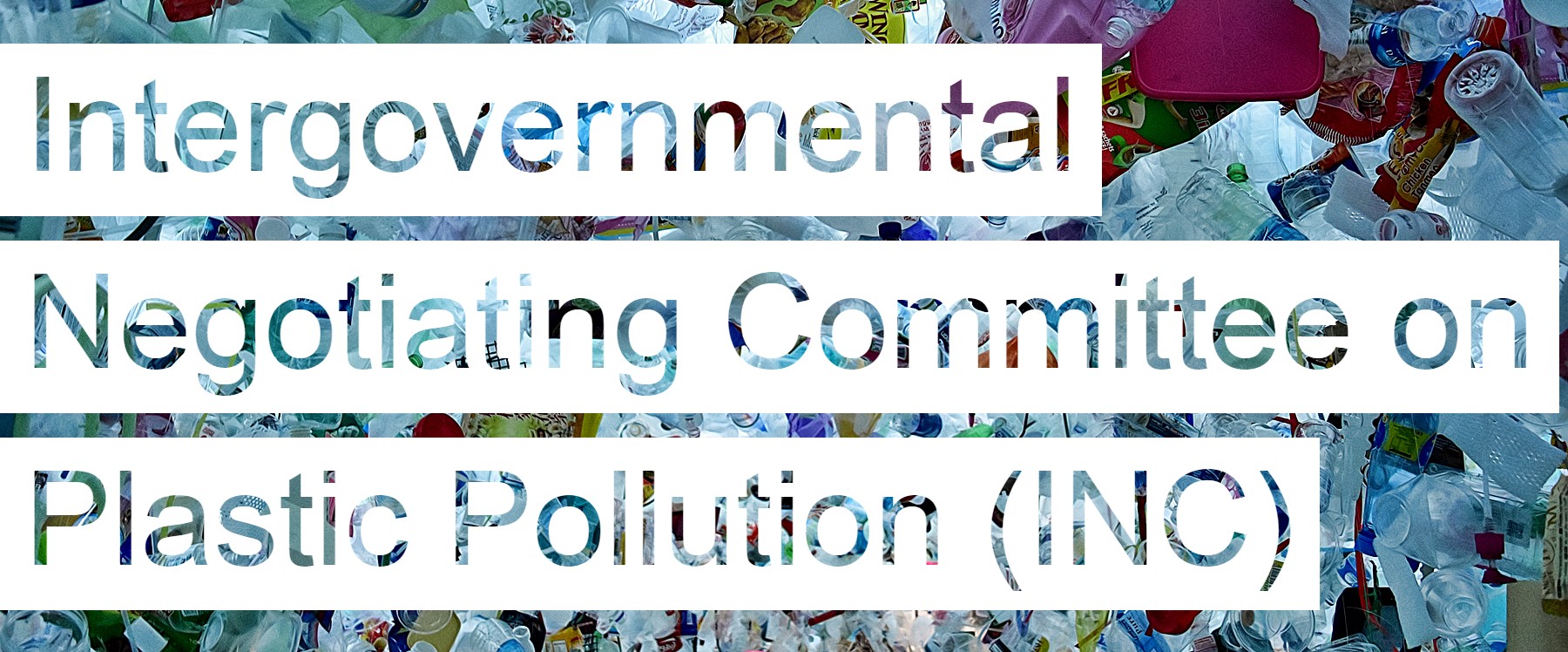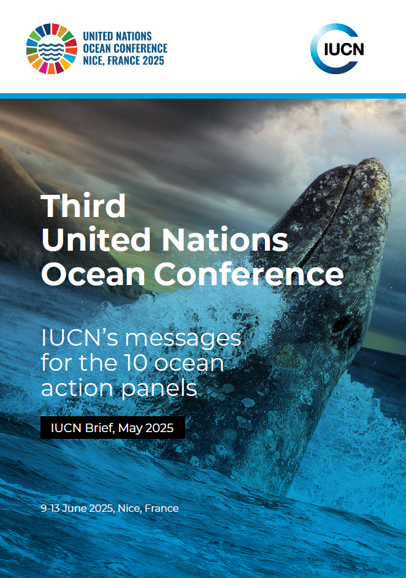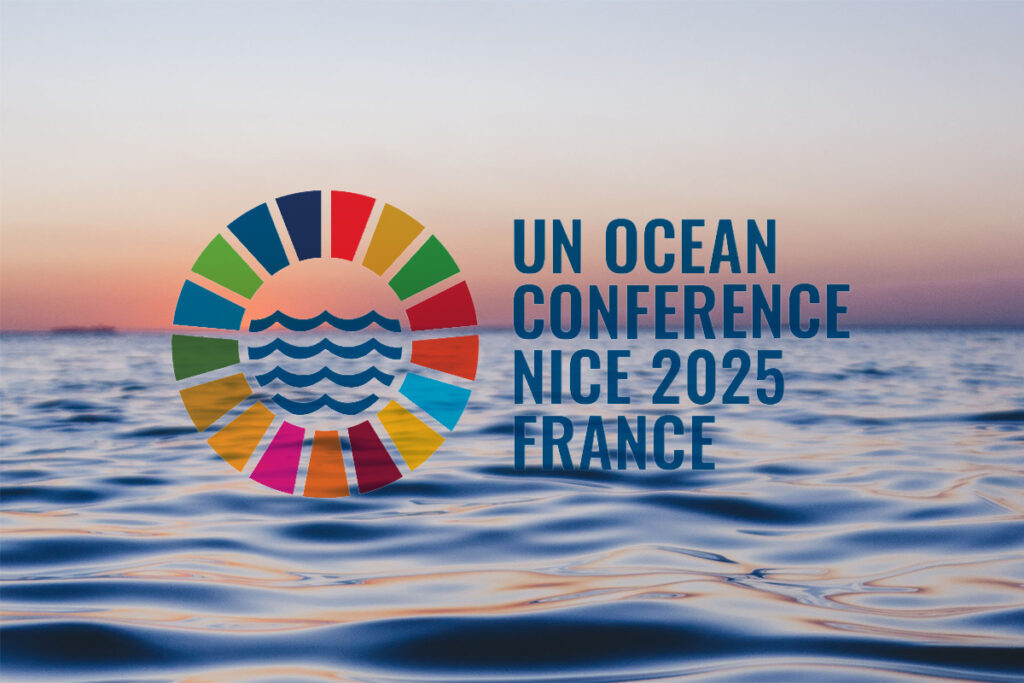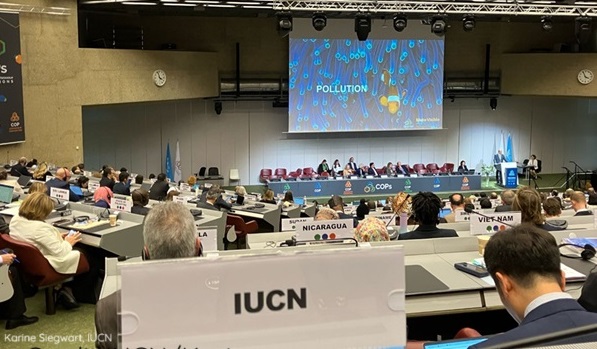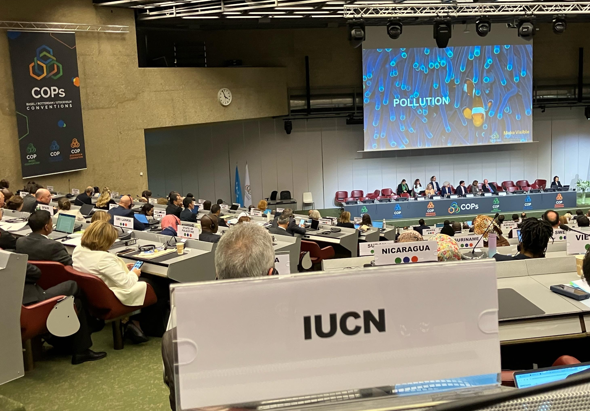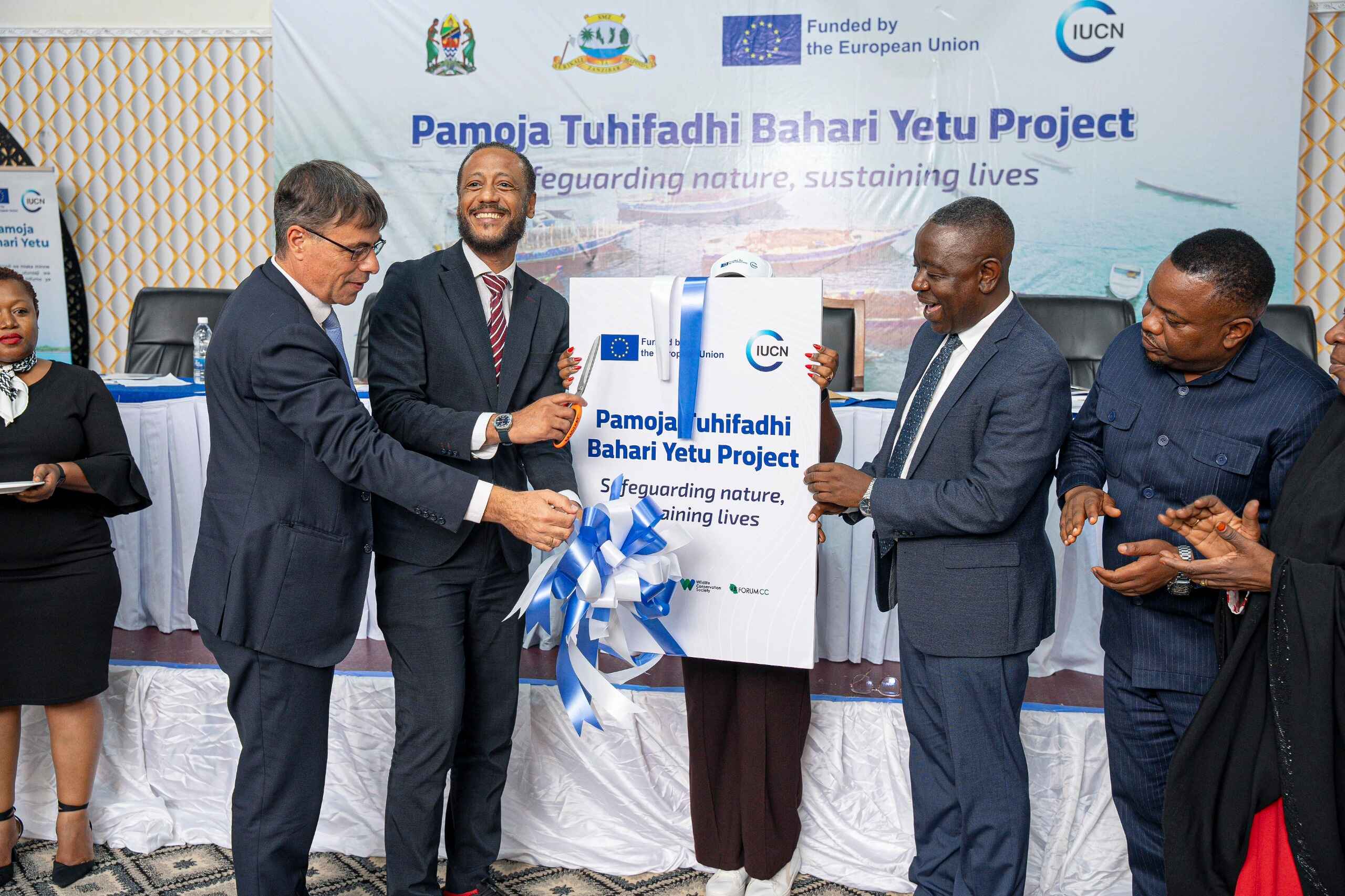IUCN advocates for a comprehensive approach to addressing plastic pollution. IUCN emphasises the needs to link different pollution treaties and other MEAs. Urgently, there is a need for interconnectivity, cooperation, and regime convergence. Our work will have to address issues such as biodiversity and health, that are cross-cutting with a future Plastics Treaty.
As the world moves towards an international, legally binding instrument on plastic pollution, IUCN and GRID-Arendal partner in the project: AFRIPAC, "Effective Plastic Treaty Capacity Building for Africa." This project aims to empower five African nations' negotiating skills for a strong Global Treaty on plastic pollution. AFRIPAC is generously supported by Norad.
